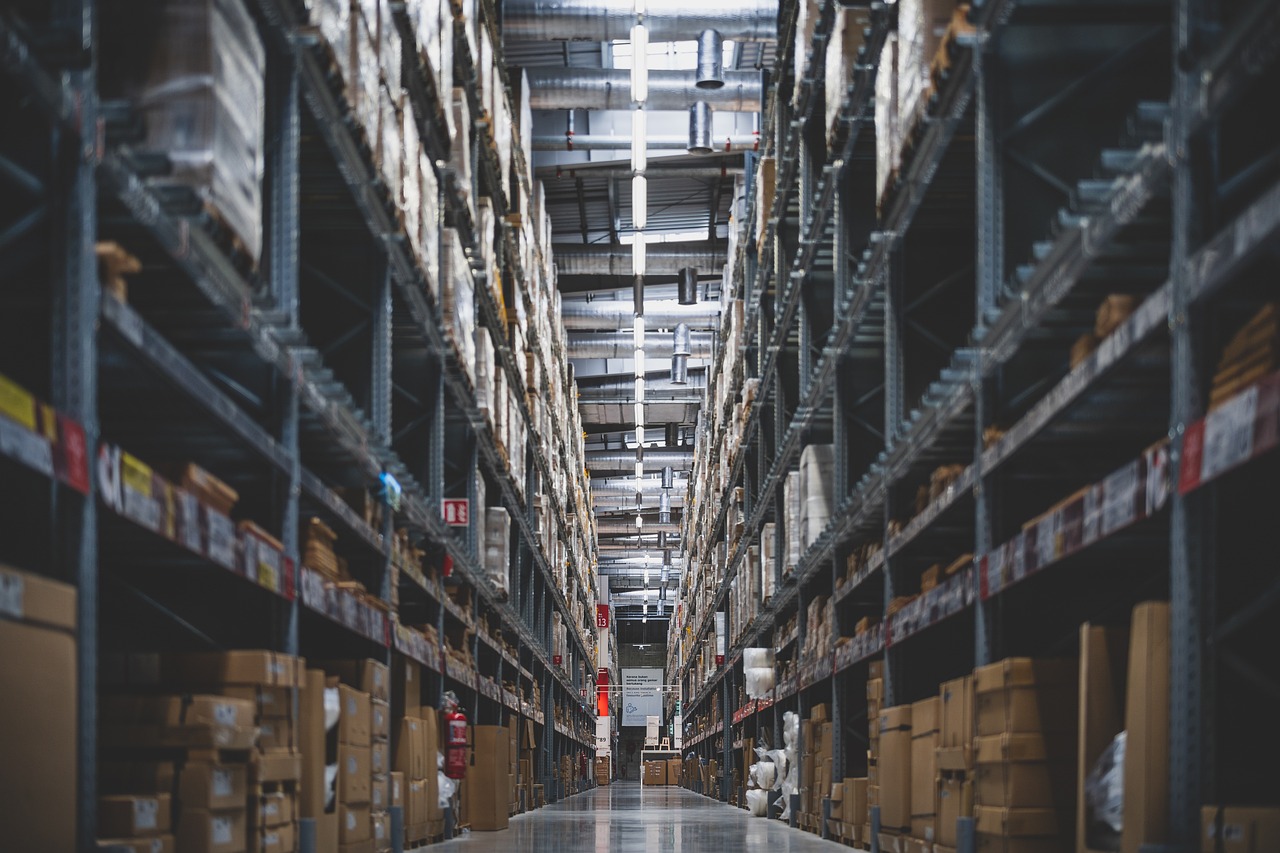
Customs Audit and Verification: A Required Course for Foreign Trade Enterprises
As a 20-year veteran in foreign trade, I often compare customs inspection and verification to a company's 'health check report'. Just as we need annual physicals to understand our health, customs inspection is a comprehensive check of a company's import-export operations. The difference is, this 'health report' might become a 'penalty notice' or an opportunity to improve management.
What is Customs Audit and Verification?
Customs inspection and verification is the 'double insurance' of customs supervision, consisting of two parts:
- Customs Audit: Equivalent to customs' 'external audit', mainly checking the authenticity and legality of a company's import-export operations over the past 3 years (longer for special goods).
- Customs Verification: Mainly targeting bonded operations, duty-free equipment, etc., checking whether the company uses these special goods as required.
I remember in 2015, an electronics company I served had to pay nearly a million yuan in back taxes because of poor management of duty-free equipment discovered during customs inspection. This lesson tells us: customs supervision isn't 'just a formality'.
What Does Customs Check?
Based on my experience, customs audits and verifications mainly focus on the following aspects:
Processing Trade Audit
- Whether there's 'overstated material consumption' (falsely reporting raw material usage)
- Whether there's 'material substitution' (unauthorized replacement of bonded materials)
- Whether bonded material management is standardized
General Trade Audit
- Whether commodity prices are genuine (focusing on preventing under-reporting of prices)
- Whether commodity classification is correct (avoid 'high tax, low declaration')
- Whether the quantity of goods is accurate (preventing under-reporting of imports)
Duty-Free Equipment Audit
- Whether the equipment purpose meets the conditions for duty reduction
- Has the equipment usage location been changed
- Is the equipment disposal compliant
Special reminder: Since the 'multiple inspections integration' reform, customs verification scope has expanded toInspection of vaccinesareas, with animal and plant quarantine, food safety, etc. all included in the inspection scope.
How Should Enterprises Respond? My Three Suggestions
Based on years of practical experience, I've summarized a three-step strategy of 'prevention-response-improvement':
Preventive Measures: Compliance is the Best Defense
I often say: 'Preventing one point of violation is better than ten points of defense.' Companies should:
- Regularly organize customs regulation training
- Establish cross-department collaboration mechanisms (customs affairs, finance, warehouse, etc.)
- Focus on tax-related risk points (price, classification, royalty payments, etc.)
Case: In 2018, a food company I mentored passed a customs audit with zero issues by establishing a comprehensive compliance system, and later obtainedAEOcertification.
Response During Audit: Professionalism, Honesty, and Cooperation
When customs comes for inspection, remember three keywords:
- ProfessionalArrange business-familiar personnel for communication
- CandidnessAnswer customs inquiries truthfully
- CooperationProvide required materials promptly
Remember: Dont answer questions youre unsure about casually; you can record them and provide feedback after verification.
Post-Audit Improvement: Turning Audits into Opportunities for Enhancement
After the inspection ends, smart enterprises will:
- Establish regular internal audit systems
- Promptly rectify identified issues
- Consider voluntary disclosure (may reduce penalties)
Ive seen too many companies that ignored minor issues found during inspections eventually make major mistakes. Conversely, companies that treat each inspection as an improvement opportunity often go further.
Inspection and verification isn't 'nitpicking' but 'escort'
Many companies view customs inspection as 'nitpicking', which is a misunderstanding. In fact, compliant companies not only avoid penalties but also enjoy many conveniences:
- AEO-certified companies clear customs faster
- High-credit enterprises have lower inspection frequency
- Can enjoy multi-department joint incentives
Finally, Id like to share this saying: In import and export,Compliance isnt a cost, but a competitive advantageProperly understanding customs audits and inspections as 'escorts' for healthy business development rather than 'roadblocks' is key to steady progress in foreign trade.


 Follow the customer service WeChat account.
Follow the customer service WeChat account.